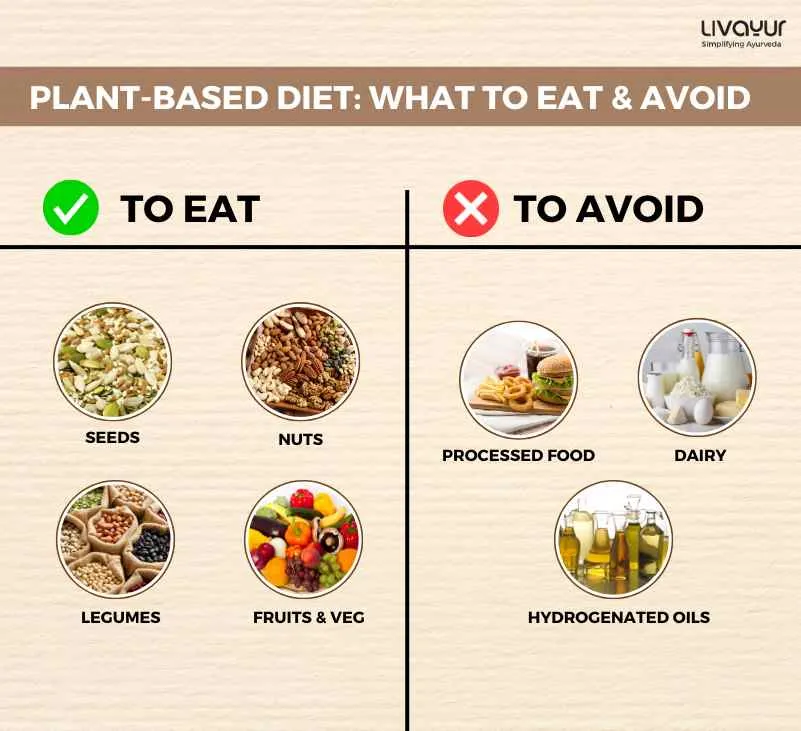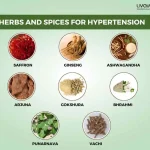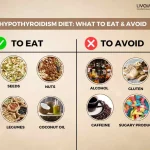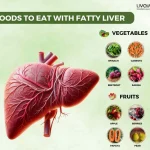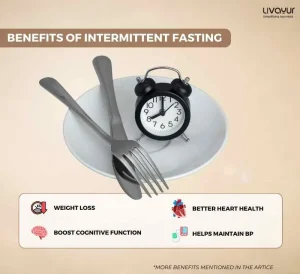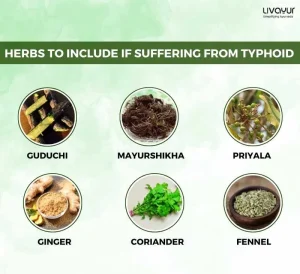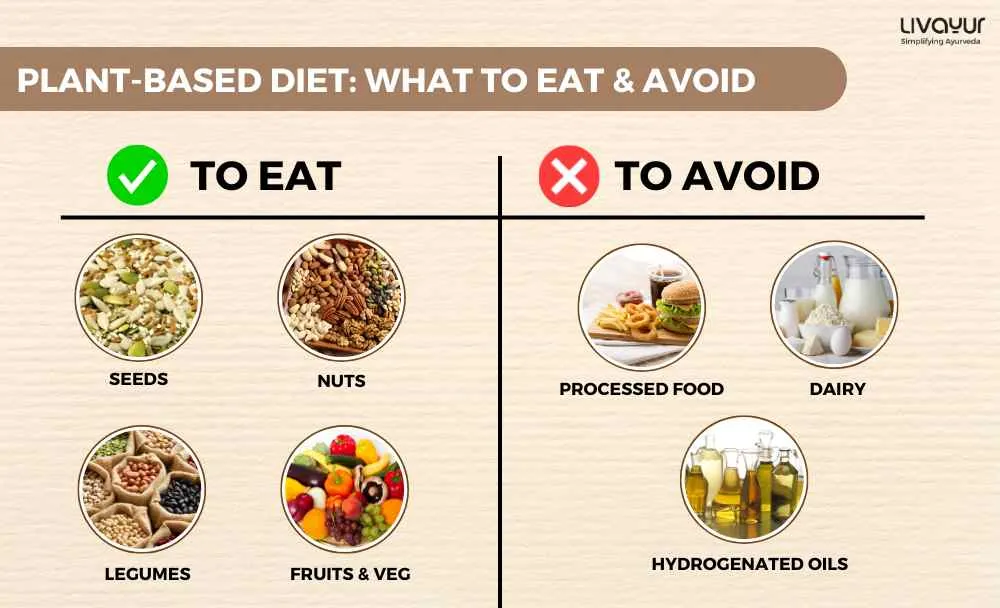
A plant-based diet is a dietary approach that emphasizes foods derived primarily from plants, including vegetables, fruits, grains, legumes, nuts, and seeds. This dietary pattern has been gaining popularity in recent years due to its numerous health and environmental benefits. [1]
According to Ayurveda, meat consumption tends to elevate kapha dosha. Thus, adopting a diet without meat, as opposed to a diet that includes meat, would likely lead to a reduction in kapha-related disorders over time such as metabolic syndrome conditions like hypertension, diabetes, hyperlipidemia, and ischemic heart disease.[6]
However, it is important to note that certain plant-based foods may contain anti-nutritional components like phytate and tannins. These substances can reduce the absorption of essential nutrients such as iron, zinc, and protein, affecting their bioavailability. Therefore, careful planning is essential for plant-based diets to guarantee sufficient intake and absorption of energy and all necessary nutrients.[2]
In this comprehensive essay, we will delve into the advantages of a plant-based diet, what to eat and avoid when following this lifestyle, and how it contributes to a healthier and more sustainable world.
Benefits of a Plant-Based Diet
Improved Heart Health:
Studies have shown that plant-based diet benefits include a reduction in heart disease risk factors. By eating more fruits, colorful veggies, and whole grains, individuals can promote better cardiovascular health. [2]
Weight Management:
Plant-based diet benefits include their ability to lower calories and saturated fats, making them effective for weight management and weight loss. [4]
Diabetes Prevention and Management:
A well-balanced plant-based diet can help prevent type 2 diabetes or improve blood sugar control in individuals with diabetes. It promotes healthier blood glucose levels due to its high fiber content. [3]
Digestive Health:
A plant-based diet is rich in dietary fiber and is Saatmya according to Ayurvedic science [7], which aids digestion and supports a healthy gut microbiome. Fiber helps reduce the risk of gastrointestinal disorders. [2]
Reduced Cancer Risk:
Among the other plant-based diet benefits is its property to lower the risk of developing certain types of cancers, like colon cancer, breast cancer, and prostate cancer. Antioxidants and phytochemicals found in plant foods help protect cells from oxidative stress and inflammation. [4]
Better Bone Health:
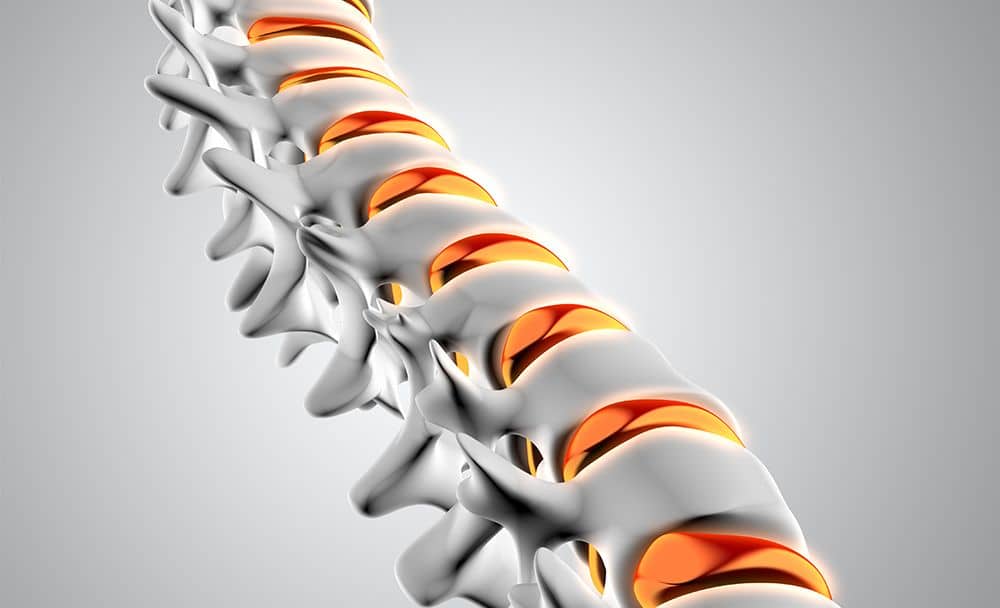
A well-planned plant-based diet can provide all the essential nutrients for strong bones. Certain vital nutrients such as magnesium, potassium, vitamin K, vitamin C, and zinc, along with bioactive compounds present in fruits and vegetables, have been linked to promoting bone health and potentially lowering the risk of fractures. [4]
Increased Energy Levels:
Plant-based diet benefits also include an abundance of vitamins, minerals, and complex carbohydrates, providing sustained energy throughout the day. They can enhance physical performance and reduce the risk of chronic fatigue. [2]
What to Eat on a Plant-Based Diet:
A well-balanced plant-based diet food list should focus on the following groups:
Fruits:
Incorporate a variety of fresh, whole fruits like berries, apples, oranges, bananas, and melons. They are high in vitamins, minerals, and antioxidants. [1] Phala varg like apricots, avocado, bananas, berries, cherries, coconut, figs (fresh), grapefruit, grapes, lemon, mango, melons (sweet), oranges, papaya, peaches, pineapple, plums are considered vata, pitta, and kapha pacifying diet. [7]
Vegetables:
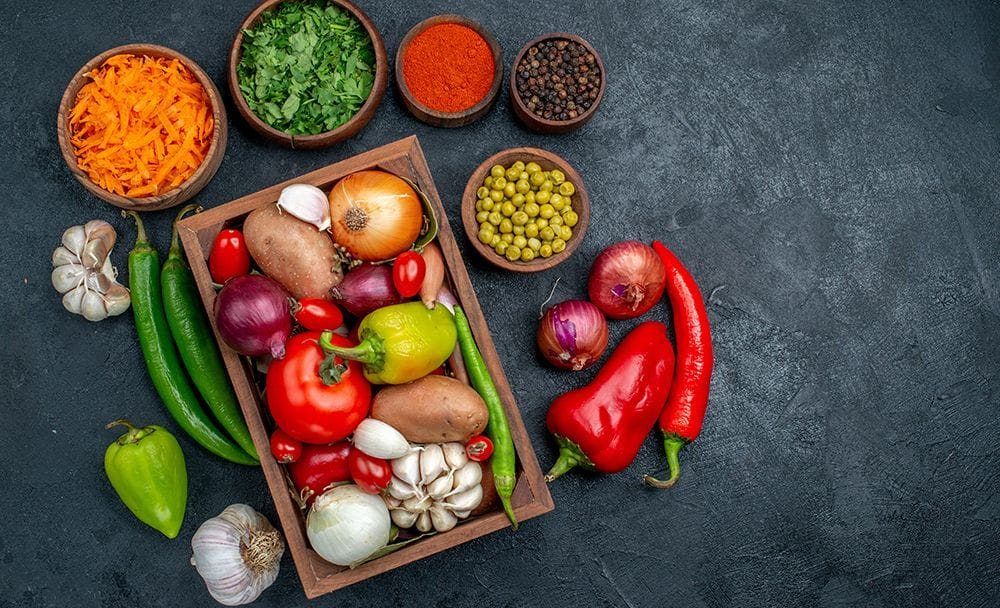
Include a diverse range of vegetables such as leafy greens, broccoli, carrots, tomatoes, bell peppers, and sweet potatoes. Different colors indicate varying nutrient profiles. [1] Plant-based diet food list in the shalak varg include cooked vegetables, asparagus, beets, carrots, cucumber, garlic, green beans, okra (cooked), onion (cooked), potatoes (sweet), radishes, and zucchini are considered vata pacifying diet. [7]
Whole Grains:
Choose nutritious whole grains, such as brown rice, quinoa, oats, barley, and whole wheat products. These are high in fiber and provide sustained energy. [5]
Whole food plant-based diet include grains like oats (cooked), rice, wheat, barley, corm, and millet, among others, are considered good for the different doshas. [7]
Legumes:
Legumes such as soya, chickpeas, and kidney beans, have a significant propensity to increase vata dosha. Hence, incorporate legumes in moderate quantities while favoring less vata-aggravating options like mung, urad, toor, and masoor beans, which are rich in protein. [6]
Nuts and Seeds:
Consume a variety of nuts and seeds, like almonds, walnuts, chia seeds, and flaxseeds, for healthy fats, protein, and micronutrients. [5] Beej varg like sunflower and pumpkin help pacify the doshas. [7]
What to Avoid on a Plant-Based Diet:
To maintain a healthy plant-based diet, it is essential to limit or avoid the following:
Processed Foods:
Limit highly processed carbohydrates and foods like sugary snacks and processed meats, as they often contain unhealthy additives, high levels of sodium, and unhealthy fats.
Added Fats and Oils:
Avoid trans fats, often present in hydrogenated oils and many processed foods. Check food labels for trans-fat content. [5]
Animal-Based Products:
Eliminate or significantly reduce the consumption of meat, poultry, fish, dairy, eggs, and other animal-derived products.
FAQs
What is a plant-based diet?
A plant-based diet is a dietary approach centered around foods derived mainly from plants, such as vegetables, fruits, grains, legumes, nuts, and seeds. It emphasizes the exclusion or minimal consumption of animal products, making it a primarily plant-focused and sustainable way of eating.
Is it possible to shift to a plant-based vegetarian diet from a meat diet overnight?
According to Ayurveda, for a meat-eater considering a shift to a vegetarian diet is the principle of Satmya, which emphasizes the significance of habituation. When an individual decides to change their diet from what they were accustomed to, it should be done gradually and in stages. Making an abrupt shift to a new diet, even if it is healthier than the previous one, can result in health issues known as “Asatmyajanya roga” in Ayurveda. Therefore, Ayurveda suggests a slow and gradual transition to vegetarianism.
Can eggs be eaten on a plant-based diet?
Eggs can be a healthy, high-protein addition to a plant-based diet, as they can enhance the consumption of vegetables.
Conclusion:
A plant-based diet offers a vast array of health benefits and contributes positively to the environment. By embracing a diet centered around whole, nutrient-rich plant foods, individuals can enhance their overall well-being, reduce the risk of chronic diseases, manage weight effectively, and make a positive impact on the planet. However, as with any dietary approach, it is crucial to plan meals carefully and ensure all essential nutrients are included in the diet to create a well-balanced and sustainable plant-based eating plan that meets individual nutritional needs and goals.
Disclaimer:
This article is written from a health and wellness perspective only and is not a piece of medical advice. Kindly seek the help of a certified medical practitioner before initiating any treatment.
References:
- Plant Based diet A way to Healthier Life
- Benefits of a plant-based diet and considerations for the athlete
- A plant-based diet for the prevention and treatment of type 2 diabetes
- The Safe and Effective Use of Plant-Based Diets with Guidelines for Health Professionals
- Nutritional Update for Physicians: Plant-Based Diets
- Vegetarian Diets, Ayurveda, and the Case for an Integrative Nutrition Science
- A critical review on Ayurvedic principles of Diet & Nutrition with special reference to prevention & management of lifestyle diseases Division of Manas chikitsa




